Wedge Medical Center 6701 North Broad Street

Overview
Wedge Medical Center 6701 North Broad Street is a mental health treatment center for people seeking treatment near Philadelphia County. As part of their treatment modalities for recovery, Wedge Medical Center 6701 North Broad Street provides couples/family therapy, group counseling, and cognitive behavioral therapy during treatment. Wedge Medical Center 6701 North Broad Street is located in Philadelphia, Pennsylvania, accepting cash or self-payment for treatment.
Wedge Medical Center 6701 North Broad Street at a Glance
Payment Options
- Cash or self-payment
- Medicaid
- Medicare
Assessments
- Screening for tobacco use
- Comprehensive mental health assessment
- Comprehensive substance use assessment
Age Groups
- Seniors or older adults
- Young adults
- Children/adolescents
- Adults
- Seniors
Ancillary Services
- Court-ordered outpatient treatment
- Family psychoeducation
- Suicide prevention services
Highlights About Wedge Medical Center 6701 North Broad Street
6.68/10
With an overall rating of 6.68/10, this facility has following balanced range of services. Alcohol Rehabilitation: 8.00/10, Drug Rehab and Detox: 6.00/10, Insurance and Payments: 6.00/10, Treatment Options: 6.73/10.-
Alcohol Rehabilitation 8.00
-
Treatment Options 6.73
-
Drug Rehab and Detox 6.00
-
Insurance and Payments 6.00
Treatment At Wedge Medical Center 6701 North Broad Street
Treatment Conditions
- Mental health treatment
- Substance use treatment
- Co-occurring Disorders
Care Levels
- Outpatient
Treatment Modalities
- Couples/family therapy
- Group counseling
- Cognitive behavioral therapy
- Integrated Mental and Substance Use Disorder treatment
- Activity therapy
Ancillary Services
Languages
- Sign language services for the deaf and hard of hearing
- Spanish
- Other languages (excluding Spanish)
- Any Chinese Language
- Tagalog
Special Programs
- Clients with co-occurring mental and substance use disorders
- Criminal justice (other than DUI/DWI)/Forensic clients
- Clients who have experienced trauma
- Children/adolescents with serious emotional disturbance (SED)
- Persons 18 and older with serious mental illness (SMI)
Get Help Now
Common Questions About Wedge Medical Center 6701 North Broad Street
Contact Information
Other Facilities in Philadelphia

6.68
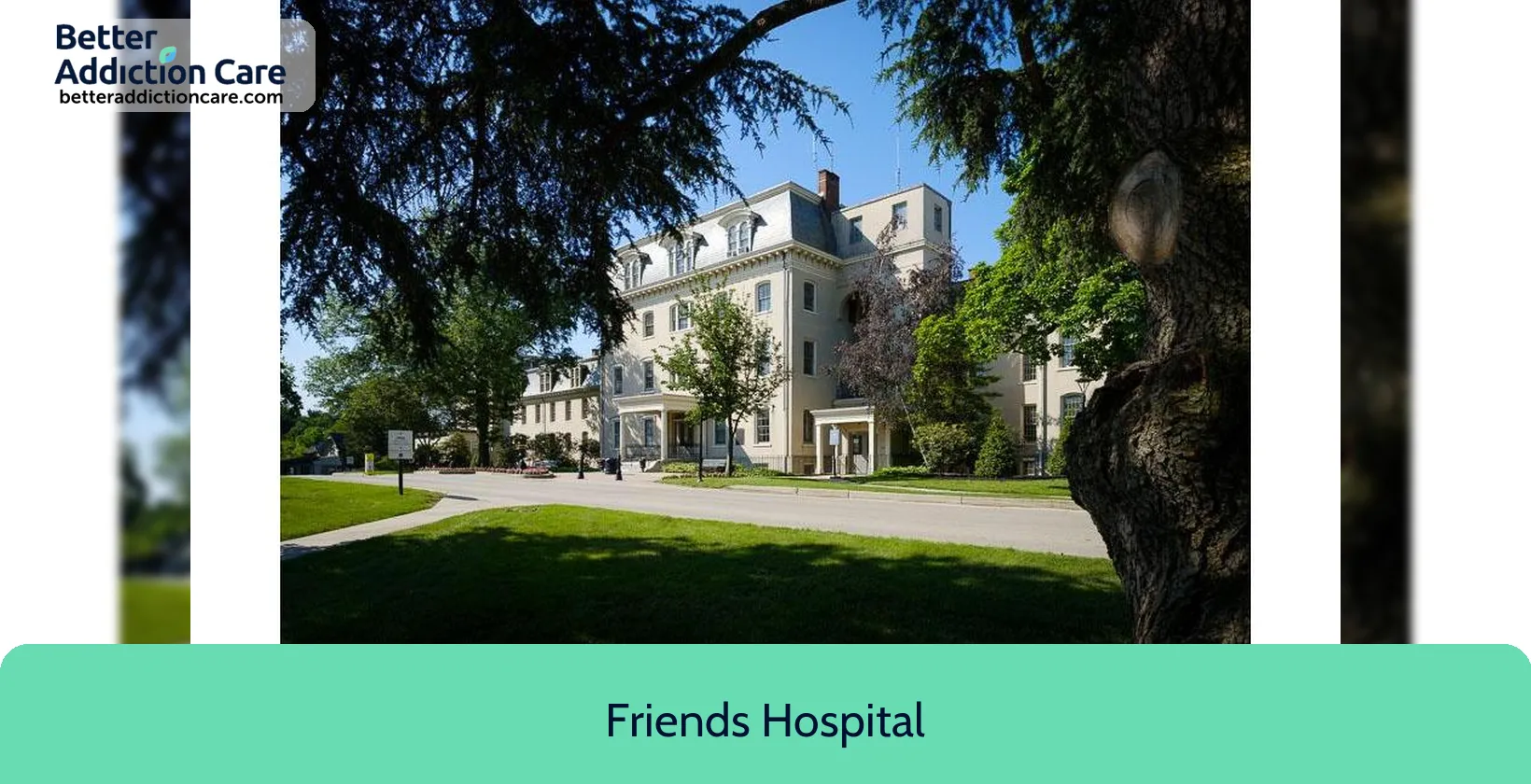
6.65
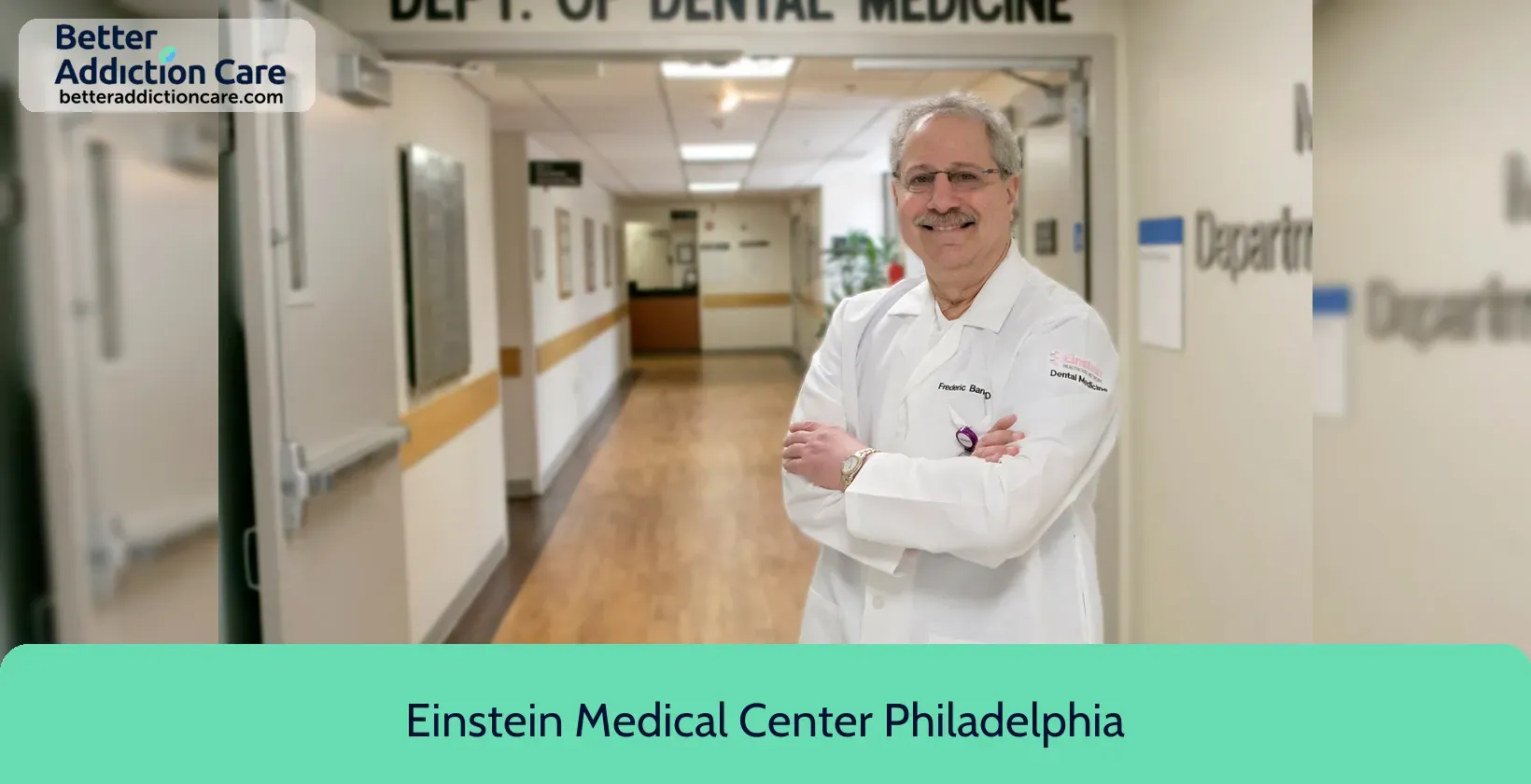
6.62
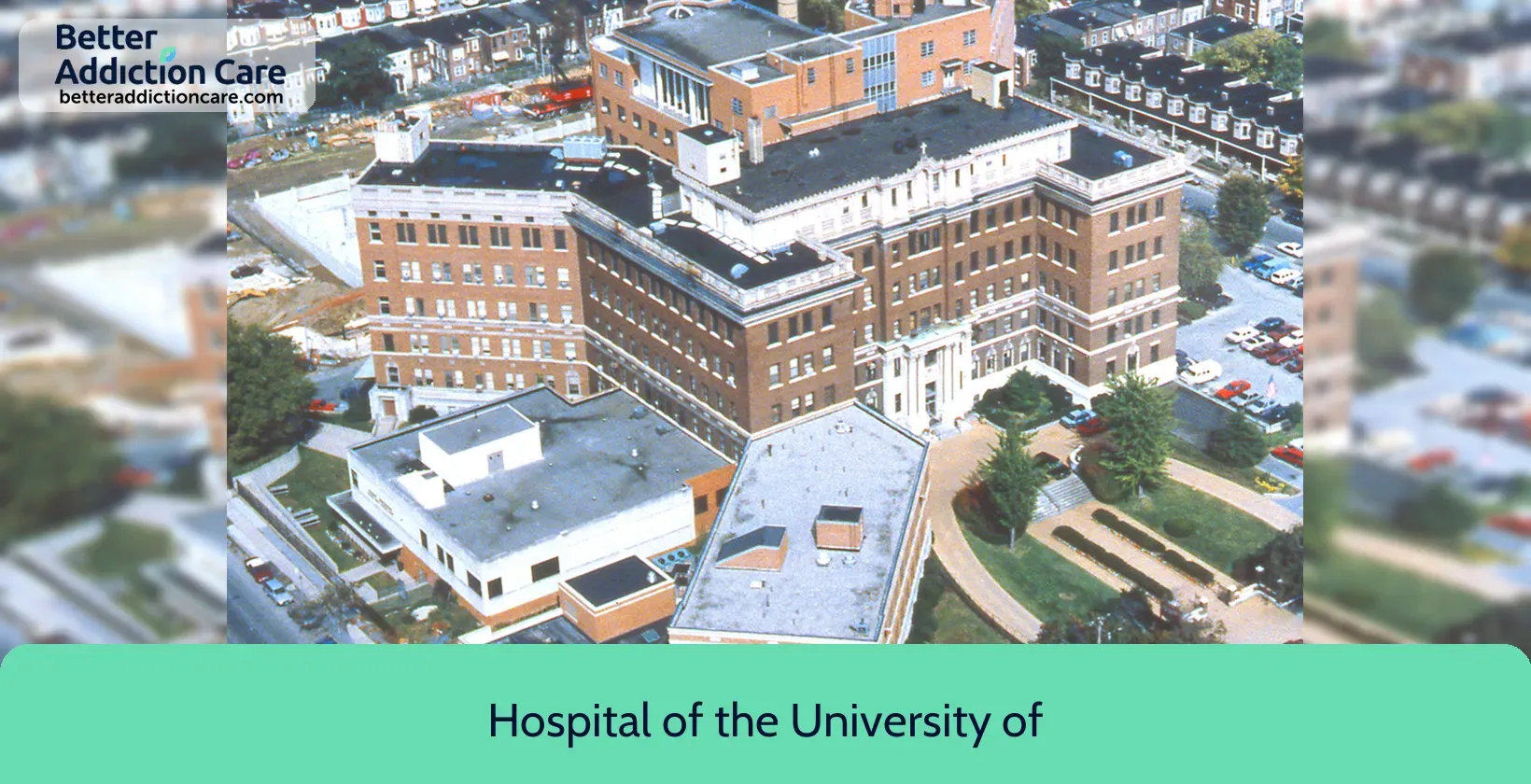
7.22
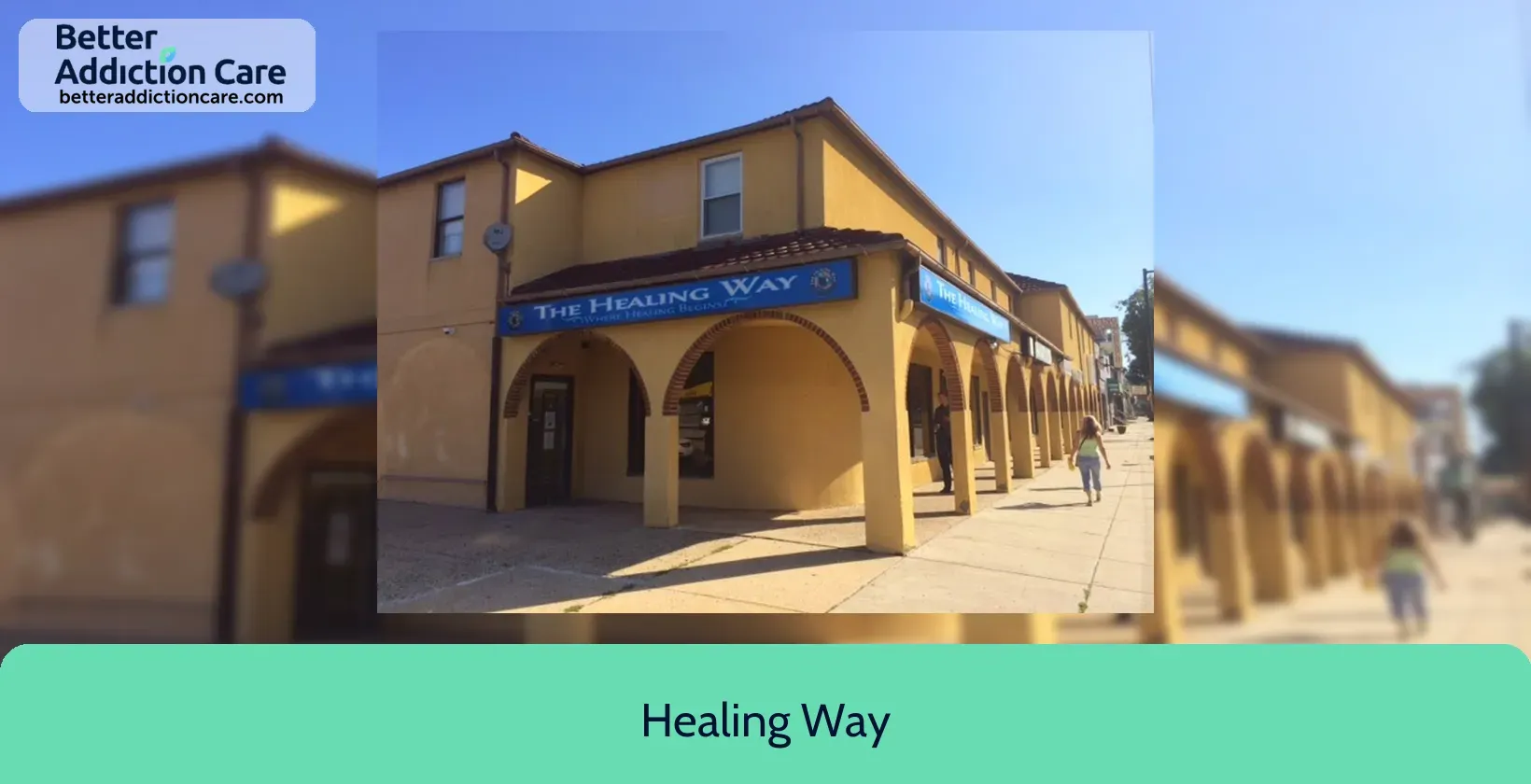
7.67

7.53
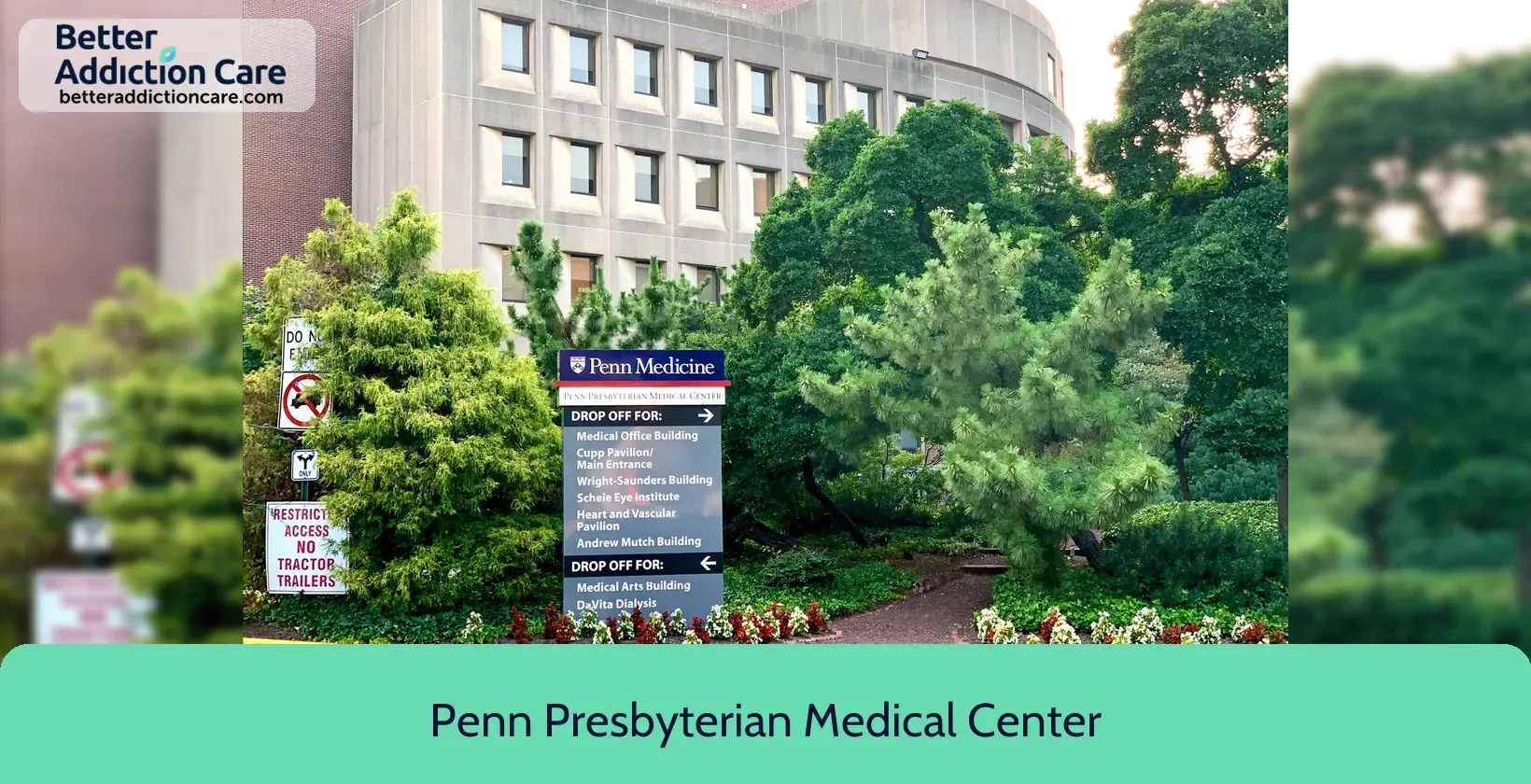
7.67

7.62
DISCLAIMER: The facility name, logo and brand are the property and registered trademarks of Kirkbride Center, and are being used for identification and informational purposes only. Use of these names, logos and brands shall not imply endorsement. BetterAddictionCare.com is not affiliated with or sponsored by Kirkbride Center.
